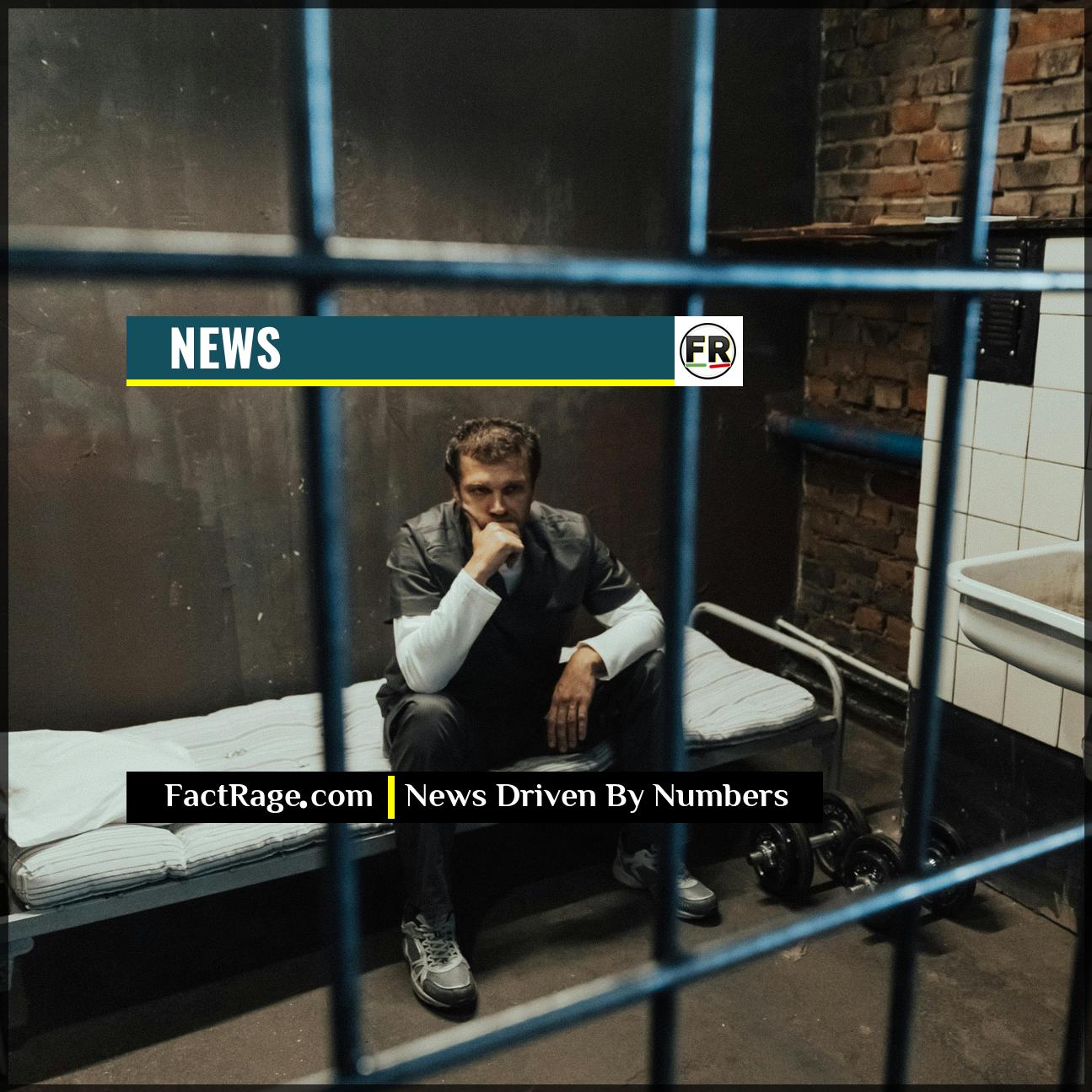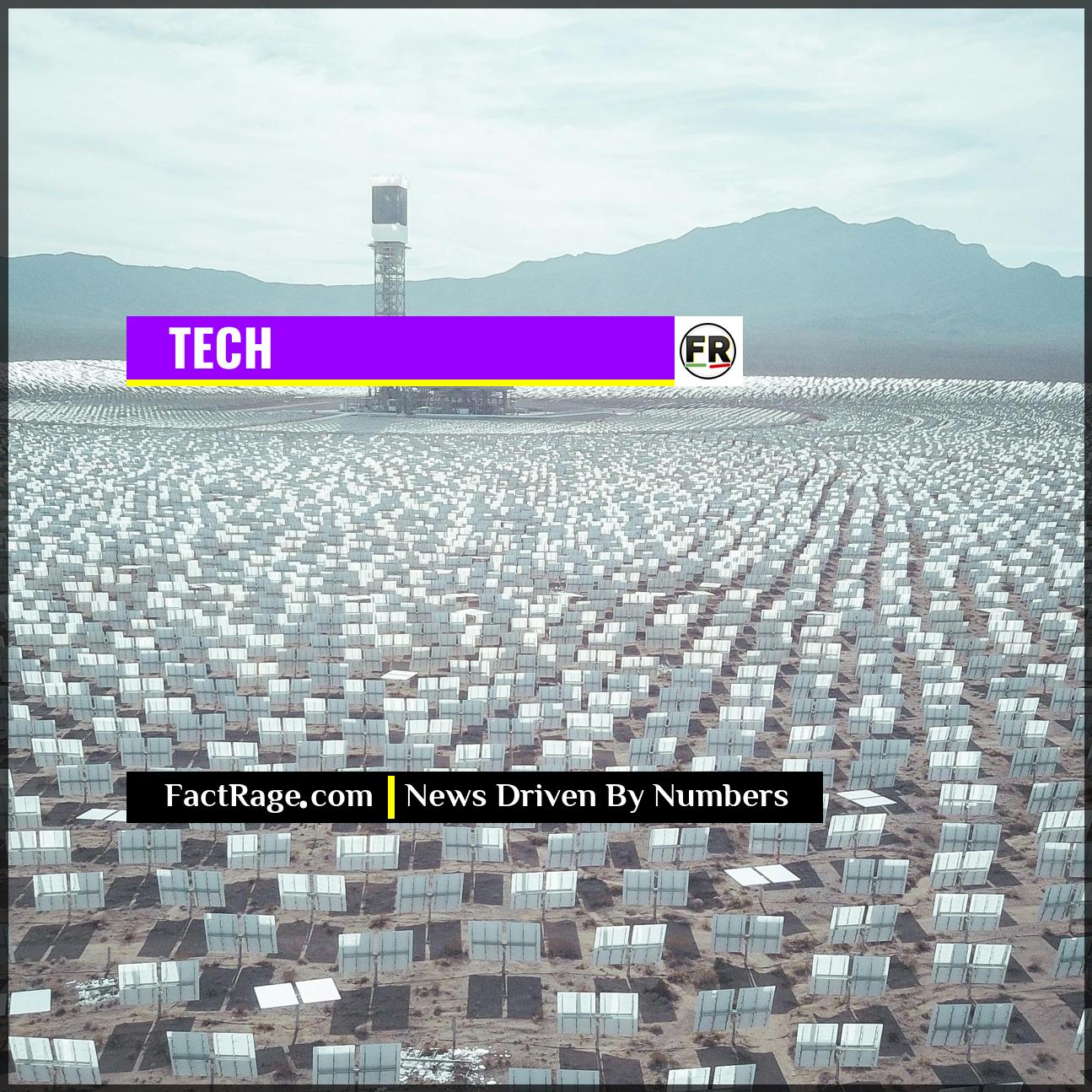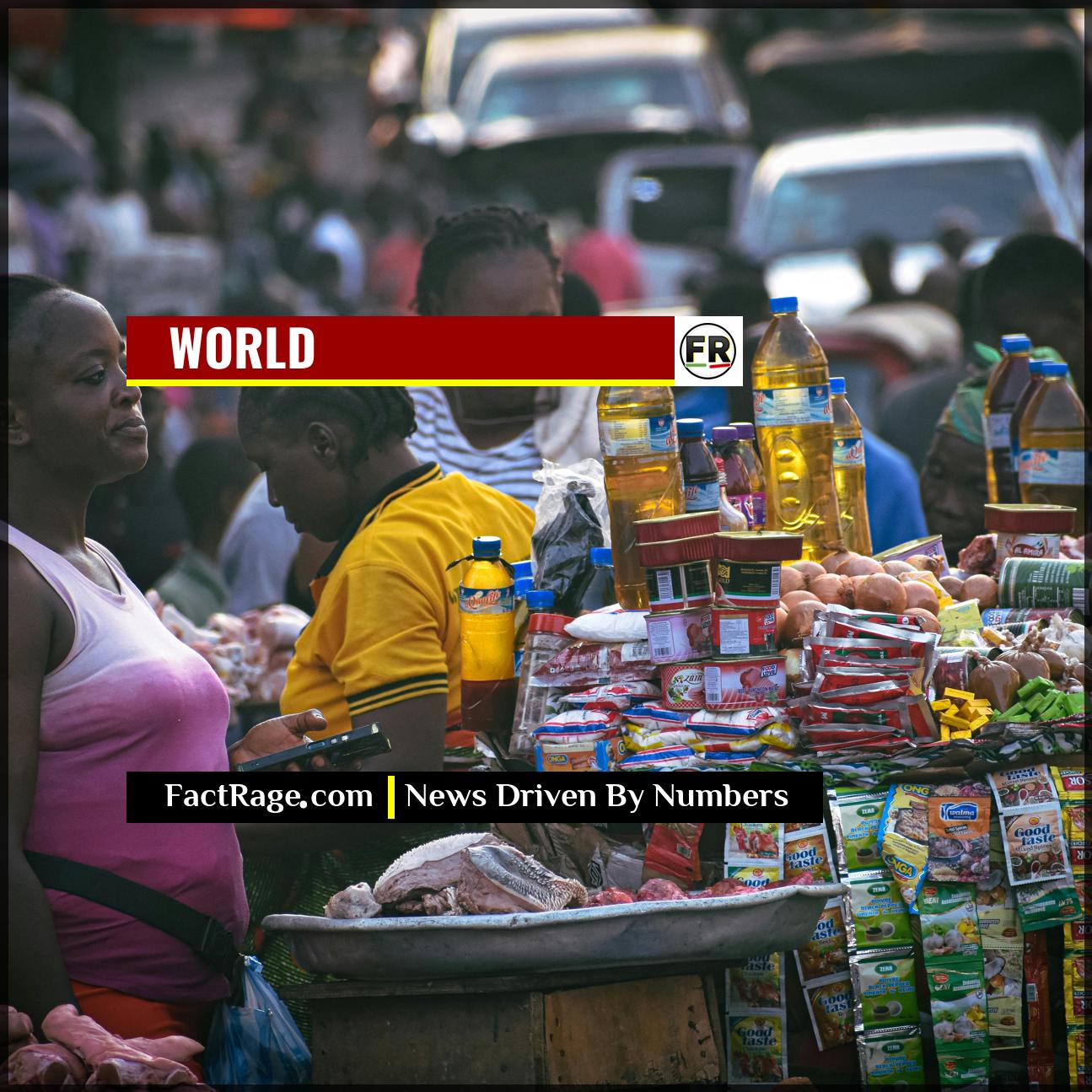FAIR LAWN, NJ – A nationwide recall of specific Ritz cracker products has sent a shockwave far beyond grocery store shelves, landing directly in this suburban New Jersey community where the iconic snack is a source of both multi-generational pride and payroll.
- Corporate Action, Local Impact – Mondelez International has recalled select Ritz cracker varieties due to a potential contamination issue, sparking immediate concern at its massive Fair Lawn, New Jersey production facility.
- An Economic Engine at Risk – The Fair Lawn Nabisco plant is one of the region’s largest employers, and any significant production slowdown or shutdown threatens the financial stability of thousands of workers and their families.
- The Factory Town Link – The situation highlights the deep, often precarious, relationship between American factory towns and the single, dominant industries that define their economic and cultural identities.
While the recall is a matter of consumer safety and corporate logistics on a national scale, in Fair Lawn it’s a deeply personal story about community, history, and the anxieties that surface when a town’s economic anchor is shaken.
Anatomy of a Factory Town
![]() National headlines often feel distant, like data points on a screen. But every product, every policy, and every corporate decision has a hometown. To understand the true weight of a news event like a product recall, you have to look at the place where the work is done and the lives that are shaped by it.
National headlines often feel distant, like data points on a screen. But every product, every policy, and every corporate decision has a hometown. To understand the true weight of a news event like a product recall, you have to look at the place where the work is done and the lives that are shaped by it.
Read On…
Here, we examine how the story of a recalled cracker becomes the story of a community’s identity, history, and economic future.
Why a National Recall Creates Local Anxiety

A Century-Old Presence
The Nabisco factory has been a fixture in the area for decades, with many local families having parents, grandparents, and children who have worked on its production lines.
The announcement from Mondelez International, the parent company of Nabisco, was clear and direct, targeting specific batches of Ritz products. For most consumers, it’s a notice to check their pantry. But for the residents of Fair Lawn and surrounding Bergen County towns, the news carries a different weight. The sprawling brick factory on Route 208 is more than just a landmark; it is the economic heart of the community.
A major product recall often necessitates a pause in production. Companies must investigate the source of the issue, sanitize equipment, and adjust processes. This raises critical questions for the workforce: Will production lines be temporarily shut down? Will shifts be canceled or hours reduced? For families whose budgets are built on the predictability of a 40-hour work week, this uncertainty is the most immediate and worrying consequence.
What Is the Nabisco Plant’s Role in Fair Lawn?
Ripple Effects
Economists note that disruptions at a major plant like Fair Lawn’s can impact local businesses, from diners and gas stations to real estate, that rely on the steady incomes of factory employees.
Since its opening, the Nabisco plant has been woven into the fabric of Fair Lawn’s identity. It represents a promise of stable, middle-class life for generations of residents. The smell of baking cookies and crackers is a familiar part of the local atmosphere, a scent that for many signifies employment and opportunity. The factory is not just a building; it is a community institution, sponsoring local events and employing the parents of children in local schools.
This deep integration makes the current situation more than just a financial concern. It touches on the town’s pride. The workers at the Fair Lawn plant are the ones who make the products that fill millions of American cupboards. A recall, even one that is precautionary and limited, can feel like a reflection on their work and the town’s primary export, creating an emotional toll alongside the economic one.
The Broader Story of America’s Factory Towns
The scenario unfolding in Fair Lawn is a modern example of a classic American story. Across the country, towns have risen and fallen with the fortunes of a single industry or factory, whether in steel, automotive, or food production. This reliance creates prosperity in good times but leaves communities uniquely vulnerable to corporate decisions, market shifts, and crises like the current recall.
The key question for Fair Lawn now is how resilient its connection to Nabisco will be. The relationship has endured for decades, weathering economic downturns and changes in corporate ownership. The current recall serves as a stark reminder of the delicate balance that defines life in a factory town, where a press release issued from a corporate headquarters hundreds of miles away can determine the economic climate on Main Street.
The Cracker and the Community
![]() For a place like Fair Lawn, the bond with its factory is part of its historical record. This recall is the latest chapter in a long story of shared identity between a town and a brand. The outcome will not only be measured in corporate balance sheets but in the resilience of a community whose pride and prosperity have long been baked into every box that leaves the production line.
For a place like Fair Lawn, the bond with its factory is part of its historical record. This recall is the latest chapter in a long story of shared identity between a town and a brand. The outcome will not only be measured in corporate balance sheets but in the resilience of a community whose pride and prosperity have long been baked into every box that leaves the production line.














